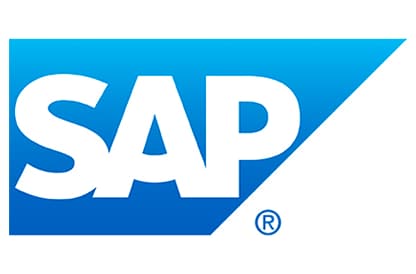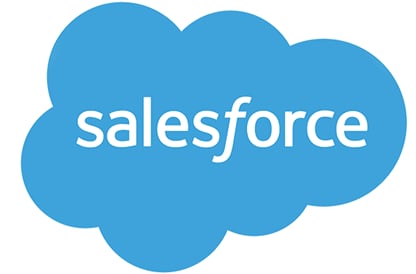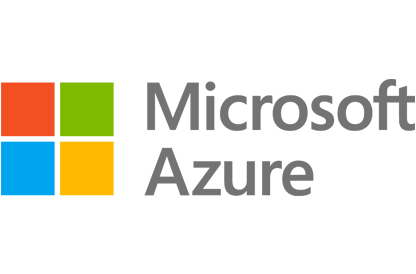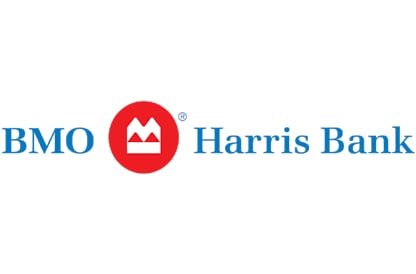"BMO Harris is in a highly regulated industry with data retention requirements that range from 7 to 40 years,” said Todd Sesto, Senior Technology Officer at BMO Harris Bank. “We have a history of mergers and acquisition and, with each merger, we get more and more data that has to be consolidated in order to address the expanding number of legacy applications.”
As part of its overall DRD program, BMO Harris embarked on a comprehensive “exit strategy” for data residing in applications at the end of their lifecycle. More than 100 applications were included in the program that began in 2012.
At the time of the decommissioning, the bank was using an application that consisted of three modules and corresponding databases: General Ledger, Accounts Receivable and Fixed Assets. The goal was to efficiently extract legacy data and archive it to a central repository. From there, it could retain and access data in a fully compliant manner, with a complete audit trail and chain of custody tracking. If this could be accomplished, the underlying legacy applications—which were costing more than $285,000 per month to keep running—could be decommissioned.
The project had four primary objectives. The first was to dramatically reduce cost by decreasing legacy software maintenance fees, energy costs for running related legacy hardware platforms and personnel costs to employ individuals with the unique skills to maintain them. Second, to allow easy retrieval of information using familiar web-based tools. Next, to rigorously support compliance requirements for data, including security, privacy, retention and disposal rules. Finally, to reproduce near exact replicas of original reports to minimize user adoption issues. In addition, BMO Harris required that data be stored in a standards based format that would be compatible with future technology.






 BMO Harris Bank
BMO Harris Bank


